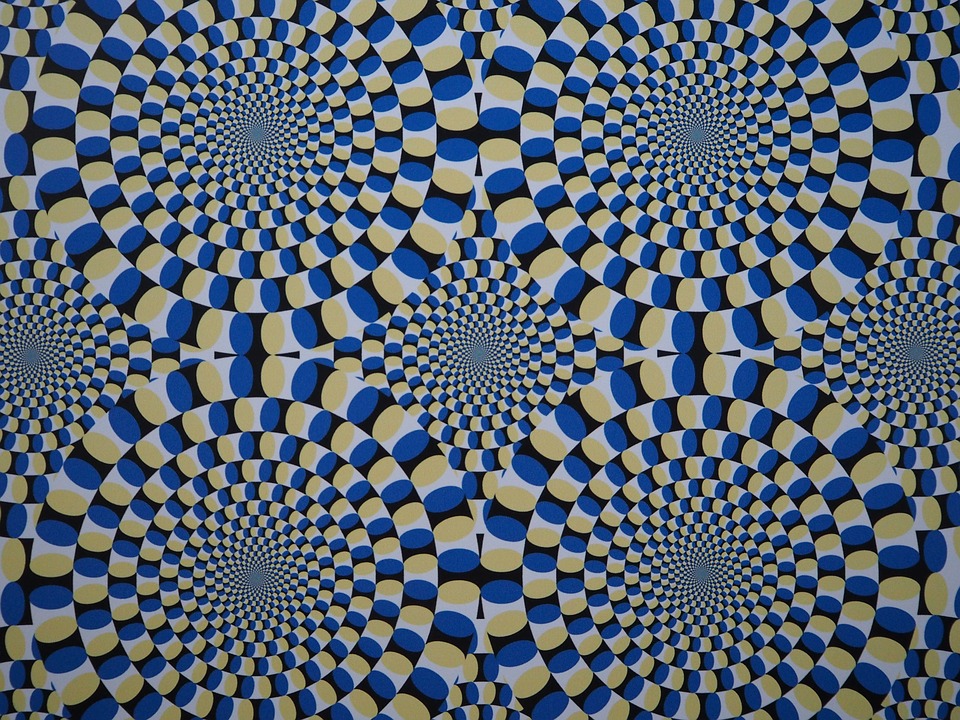
Hallucinogens are a broad class of drugs that share the common trait of altering perceptions and cognitive functions. They include drugs such as LSD, Peyote, Psilocybin (magic mushrooms) and Ketamine and a host of other synthetic and natural substances. There is not a great deal of therapeutic applications for hallucinogens, though there has been research into microdosing certain hallucinogens for therapeutic outcomes, in which the dosage is too low to have a noticeable effect of the imbiber’s consciousness, but still affects their system. Most hallucinogens work through the same basic mechanism of disrupting chemical communication in the brain and spinal cord by altering the creation, transmission and usage of the brain’s Serotonin or Glutamate.
Effects of Hallucinogens
Hallucinogen effects are diverse enough that they are hard to categorize but may include:
- Altered perceptions
- Relaxation
- Elevated Mood
- Increased Heart Rate
- Nausea
- Amplified Emotional Responses
 Interestingly, the degree of addictiveness varies wildly between hallucinogens. LSD has been the subject of intensive study for decades and is not considered to be an addictive drug whereas users of PCP report withdrawal symptoms including cravings, headaches, and sweating. However there are other concerns for hallucinogen use including:
Interestingly, the degree of addictiveness varies wildly between hallucinogens. LSD has been the subject of intensive study for decades and is not considered to be an addictive drug whereas users of PCP report withdrawal symptoms including cravings, headaches, and sweating. However there are other concerns for hallucinogen use including:
- Toxicity
- Seizures
- Coma
- Psychosis
- Paranoia
- Ulcers
- Memory Loss
Hallucinogens are primarily taken for the perception altering experiences they offer for recreational or religious purposes. Some commonly cited reasons for hallucinogen use are to experience spiritual visions, to inspire creativity, to escape from reality, seeking relief from mood disorders and just for enjoyment. Hallucinogens are often used in addition to other substances and often by people with other chemical dependencies.
If you struggle with substance abuse FHE offers neuro treatment, outpatient detox and other treatment options at our recovery houses in Florida. Call us now to find out more about our programs. (833) 596-3502






